Description
‘Mustha’ commonly known as Nut grass is a versatile drug that has a holistic balancing action on the three doshas, the tissues they support, and the functions they carry out. Mustarishtam is an immunity booster fortified with appetite and digestion-promoting drugs which boosts immunity. Mustarishtam is hailed by Ayurveda as a potent remedy for recurrent cold, flu and infections.
Arishtas are aromatic preparations. The sweet taste of Mustarishtam makes it palatable to kids and adults alike. The base is quick-acting and efficient.
Features and benefits of Mustarishtam
- Kapha vitiation in the body is characterised by sluggish digestion and metabolism. It leads to a build up of ‘ama’ or disease causing complexes in the body. ‘Ama’ is the prime culprit in all kinds of inflammatory disorders. Mustha has superlative ‘amahara’ or ama – busting property.
- Poor appetite and malabsorption leads to stunted growth in children. Mustarishtam is widely used to improve appetite, digestion and nourishment in children.
- Beneficial in the treatment of inflammatory disorders of the gut and bowel. Relieves colicky gut, indigestion, abdominal flatuelnce and hemorrhoids.
- Mustarishtam cleanses and detoxifies the liver. Stimulates liver function. Improves the quality of circulating blood. Widely used to support the treatment of liver and spleen dysfunction.
- It improves digestion and metabolism. Cleanses the gut and bowel. Good remedy for intestinal worms.
- Mustarishtam gets rid of all kinds of inactivity induced by Kapha vitiation. It improves endocrine function and enzyme activity.
Adult: 25-30 ml Mustarishtam twice or thrice daily after food.
Child: 10-15 ml Mustarishtam once or twice daily after food.
MUSTHA (Cyperus rotundus)
It is scientifically known as Cyperus rotundus. Mustha helps improve digestion due to its Deepan and Pachan properties, if taken in the recommended dosage. Mustha oil is an effective home remedy for managing stomach disorders due to its antispasmodic and carminative properties. Cyprus rotundus have antidiarrheal, antipyretic, anti-inflammatory, antihyperlipidemic and hypoglycemic activities.
DHATAKI (Woodfordia fruticosa )
Dhataki or Dhawai is also known as Bahupuspika in Ayurveda. It is the flower of Dhataki that has significant importance in the traditional Indian medicine. According to Ayurveda, Dhataki is considered beneficial for female disorders such as menorrhagia (heavy menstrual bleeding) and leucorrhea (white discharge from the vagina) due to its Kashaya (astringent) property. Dhataki is beneficial for skin problems (such as acne, pimples etc.) and might assist in wound healing due to its antimicrobial and anti-inflammatory properties. Applying a paste of Dhataki powder along with honey or water on the skin helps in reducing swelling and steps up wound healing due to its Ropan (healing) and Sita (cold) properties.
SHUNTI (Zingiber officinalae)
Due to its strong flavour, Ginger is an essential ingredient in many Asian cuisines. Its therapeutic benefits have been recorded in Ayurvedic and Traditional Chinese Medicine. Ginger is a potent anti-nauseatic and is beneficial in treating upset stomach. Gingerol and shogaol, active components of Ginger, suppress gastric contractions. Both the fresh and dried rhizomes of Ginger suppress gastric secretion and reduce vomiting. The compounds 6-gingerol and 6-shogaol have a number of pharmacological properties, including antipyretic, analgesic, antitussive and hypotensive properties.
MARICHA (Piper nigrum)
Commonly known as black pepper, Maricha is a common ingredient in the kitchen. Its properties include Antidepressant, Antifungal, Antidiarrhoeal, Anti-inflammatory, Antimutagenic, Anti-metastatic activity. Crushed pepper with honey relieves cold, and steam inhalation along with eucalyptus reduces chest congestion.
LAVANGA (Syzygium aromaticum)
Our experts have successfully proven the activities like Dental analgesic, Carminative, Stimulant, Aromatic, Antiseptic, Appetizer, Digestive, Aphrodisiac, and Antiallergic property of Lavanga. It has also been found out that eugenol extracted from clove oil has antiproliferative action on cancer cells. Cloves also possess antiulcer and purgative action. On topical application, the essential oil extracted from clove relieves pain and promotes wound healing. Gastrointestinal tract diseases can be treated by administering a boiled aqueous extract of Clove.
CHITHRAKA (Plumbago zeylanica)
Also known as Plumbago zeylanica, Chitrakha is a potent digestive medicine used for treating a host of ailments, including indigestion, constipation, anorexia, abdominal distension, stomatitis, abdominal pain, etc. Imbued with digestive, caustic, stimulant and carminative properties, it eliminates harmful ‘Ama’ toxins from the body, which has accumulated due to malabsorption of food particles.
JEERAKAM (Cuminum Cyminum)
Jeerakam also called Cumin Seeds in English and botanically Cuminum Cyminum is an Indian Spice as well as an Ayurvedic medicine used for several diseases of the digestive, respiratory, circulatory, and reproductive system.


 Sign In
Sign In Cart
Cart 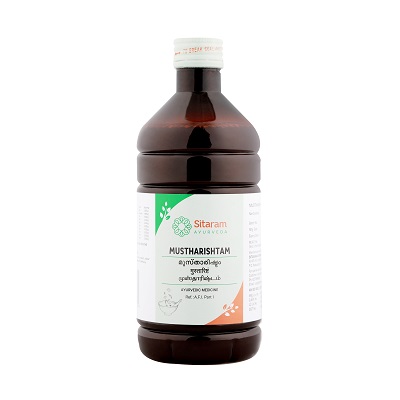
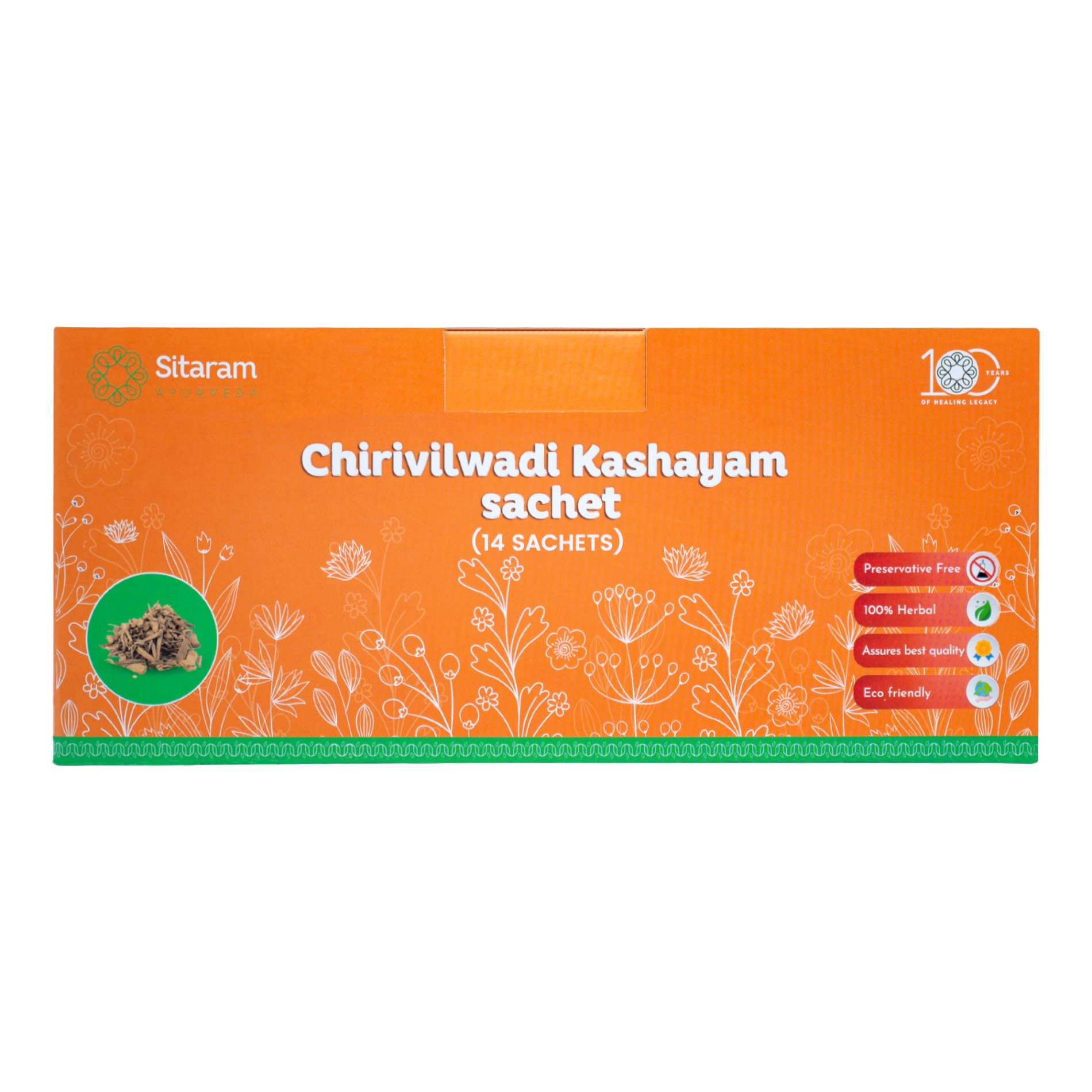
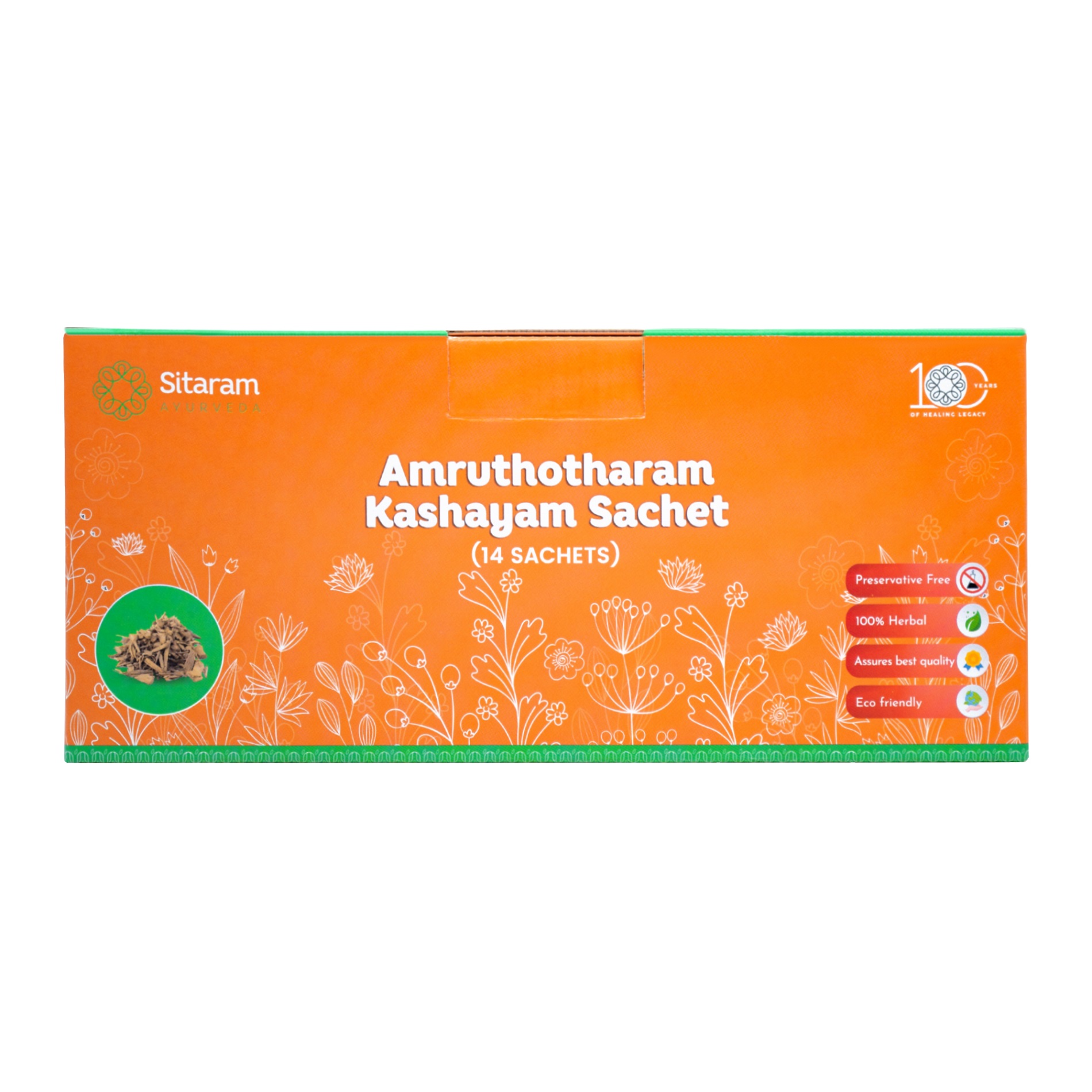
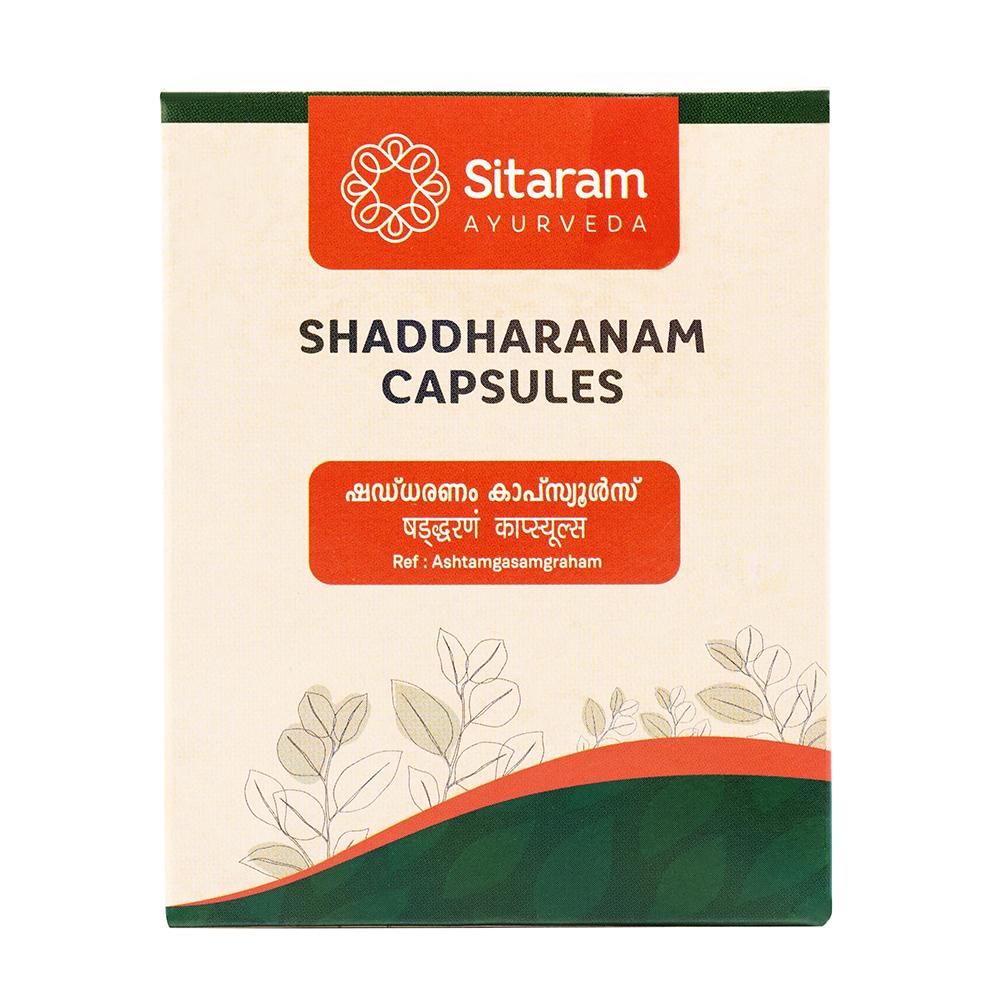
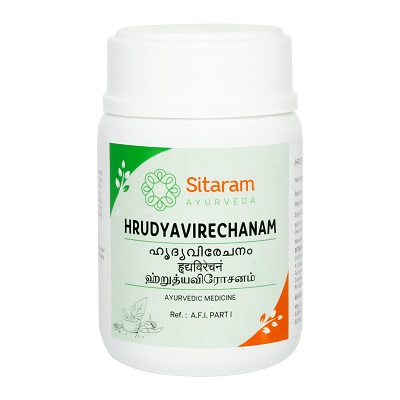
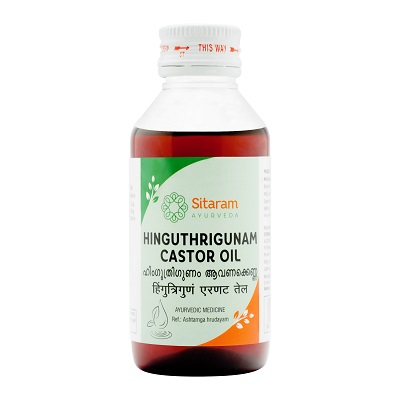
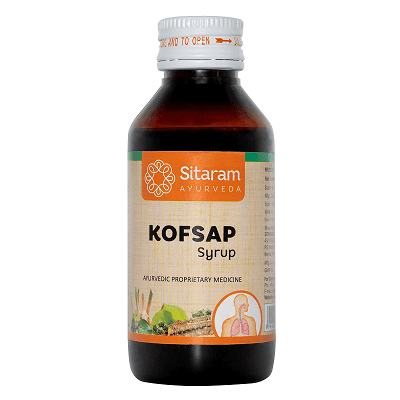
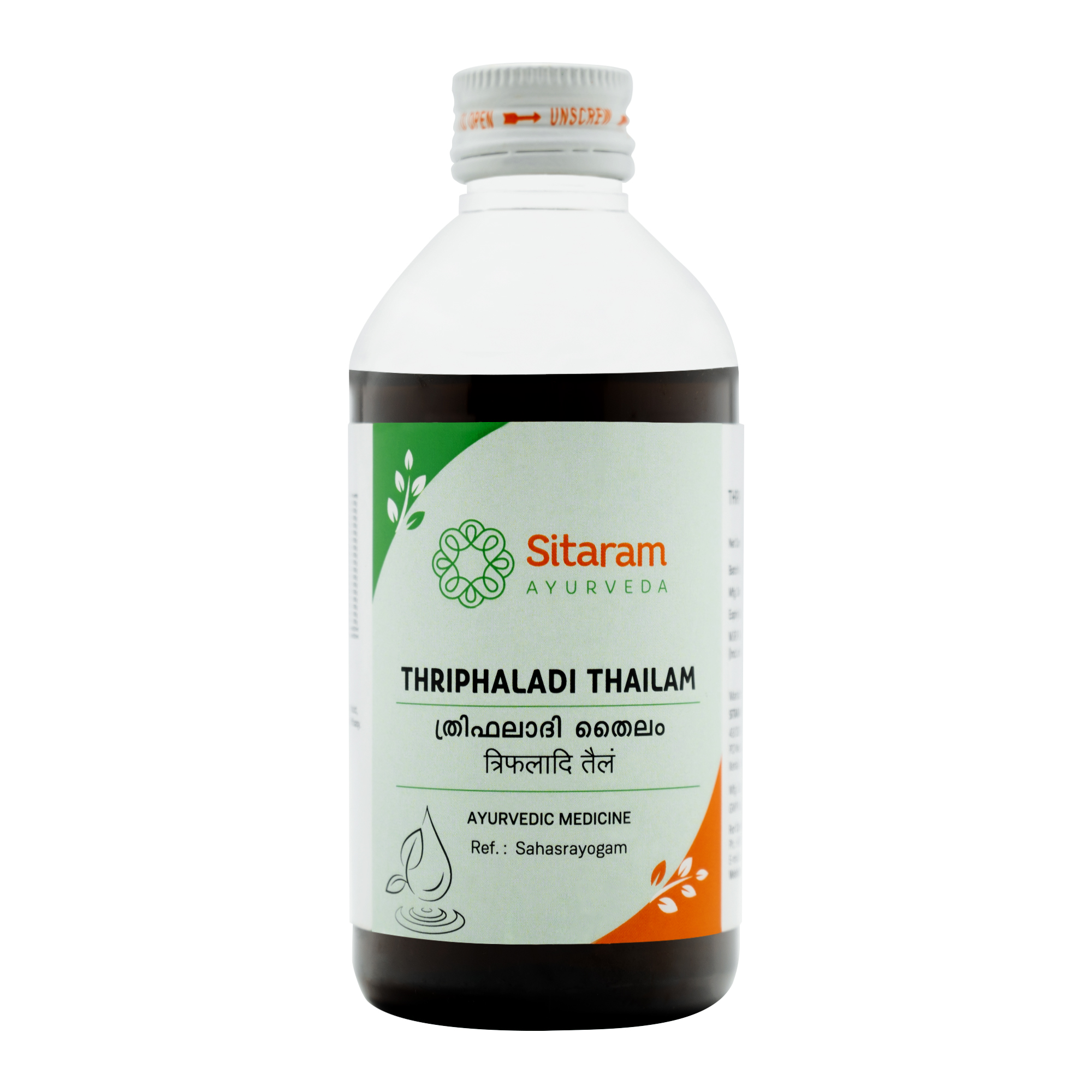
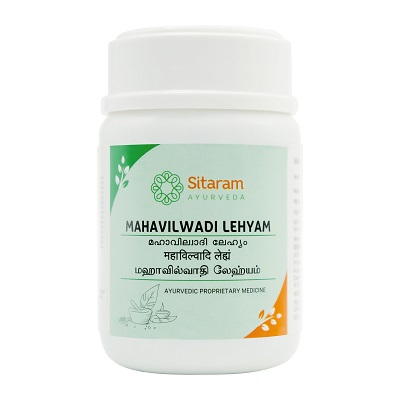
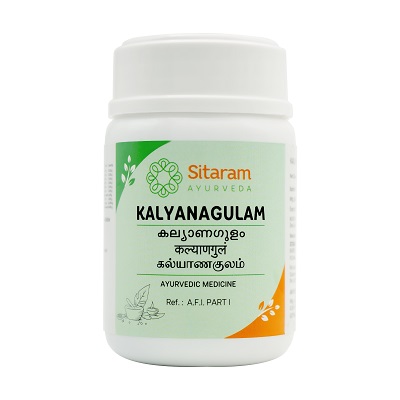
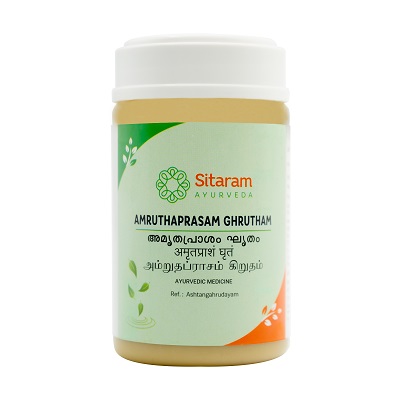
Reviews
There are no reviews yet.